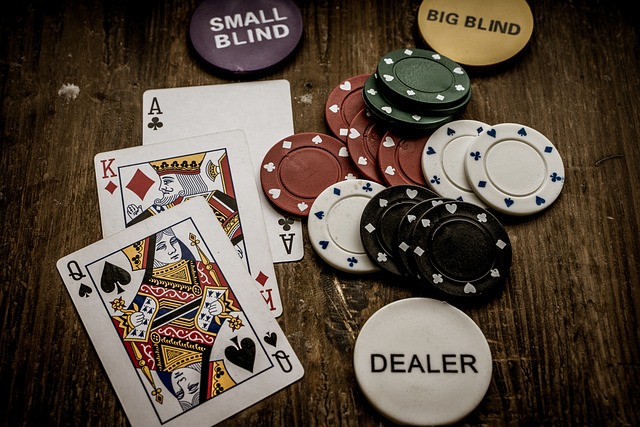Casinos are designed with a single objective: keep you playing. That goal is achieved not only with games and odds, but with carefully chosen psychological cues that nudge behaviour. If you understand the common tricks — why they work and what practical trade-offs they create — you can protect your bankroll and make clearer decisions at the table or on a site. This guide breaks down the main tactics and gives exact, actionable countermeasures you can use immediately.
The core tricks and why they work
Casinos rely on predictable human responses: reward anticipation, aversion to loss, social proof, and cognitive biases. Designers translate those responses into sound, light, layout, and messaging. Bright, celebratory audio after even small wins (losses disguised as wins) triggers dopamine the same way real wins do. Near-misses and frequent small payouts create a variable reward schedule — the most addictive reinforcement pattern humans have. Meanwhile, environments without clocks or windows extend session length by removing time cues. All these elements reduce deliberation and increase impulsive bets.
Practical countermeasures you can use

There are simple, immediate steps that blunt these effects. Set explicit limits before you start: a money cap, a time cap, and a hard stop rule (for example, stop after three losses in a row or after one significant win). Use tools the operator provides — deposit limits, session timers, and self-exclusion — and enable device alarms or a physical timer if the casino does not offer them. When noise and lights ramp up, treat that as a reminder to check your position, not a signal to raise stakes. These are low-cost, high-impact habits that restore deliberate decision-making.
Quick checklist (do this before you play)
- Decide stake per session and stick to it.
- Set a strict session timer on your phone.
- Turn off sound or wear noise-canceling headphones.
- Use only one account and play on reputable sites with withdrawal history.
- If you feel compelled to chase losses, stop and take a 24-hour break.
Common tricks and what they mask
Below is a short reference table showing common casino tricks, the psychological effect targeted, and the practical sign that the trick is in use.
| Casino tactic | Psychological effect | Practical sign to watch for |
|---|---|---|
| Loud win sounds for small payouts | Reinforces play via dopamine | Celebratory audio even after tiny returns |
| Near-miss design | Feels like “almost won” => play more | Reels/visuals that highlight near matches |
| No clocks/windows | Time insensitivity | Losing track of time, long unplanned sessions |
| Loyalty tiers & personalized offers | Reciprocity and sunk cost | Targeted “you’re VIP” messages + matched offers |
Understanding the sign makes the trick easier to ignore.
Trade-offs and pitfalls of common defenses
Some countermeasures come with trade-offs. Turning off sound reduces stimulation but also lowers immersion and fun — for players who value atmosphere that’s a cost. Self-imposed limits protect your bankroll but can reduce short-term wins if you habitually under-stake. Refusing all bonuses avoids sticky wagering requirements but may miss genuine value when terms are friendly. The goal is to pick defenses that you’ll actually apply consistently; a perfect plan that you abandon is worse than a simple one you follow.
Step-by-step rules of thumb you can apply now

- Pre-commit: before logging in, move the exact amount you will risk into a separate wallet or account and disconnect funding methods. Treat that money as entertainment budget.
- Timebox: set a single-alarm timer for your session and another for a 5-minute pre-end check to decide whether to stop.
- Unit size: never risk more than 1–2% of your session bankroll on a single round; this prevents impulsive “rescue” bets.
- Audit after play: keep a one-line log: date, session length, amount risked, net result, emotional state. Review weekly to spot patterns.
- If you chase: immediately pause for 24 hours; if urges persist, use self-exclusion tools and consider speaking to a support resource.
Final thought
Casinos design environments to tilt short-term decision making away from rational control. That’s their business model. Your job is simple: rebuild friction and clarity. With clear limits, external cues (timers, logs), and the habit of auditing results, you convert impulsive sessions into controlled entertainment — or a disciplined strategy. That small shift alone is the best way to outsmart the psychological tricks and protect your money and wellbeing.
